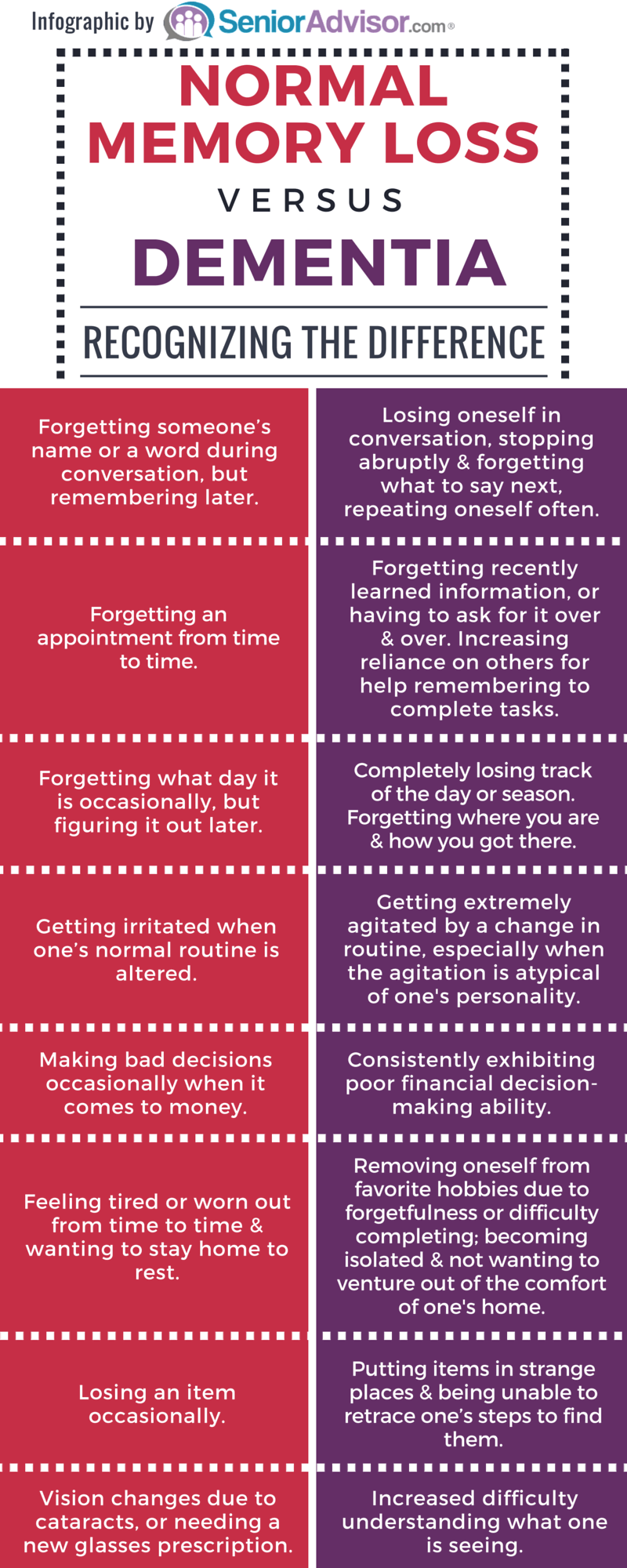
Researchers have discovered that as little as half an hour of visually-guided movements a week can help slow and also reverse dementia progress.
...
Study Shows Training Combination Can Help Reverse Dementia
Researchers have discovered that as little as half an hour of visually-guided movements a week can help slow and also reverse dementia progress. Individuals in early stages of dementia who for half an hour a week played a game making use of rules to execute visually-guided movements, managed to reduce the progress of dementia, with some individuals managing to even reverse dementia by returning cognitive function to a healthy status.[1]
Cognitive training alone has been tried as well as aerobic exercise training alone, but this study combined the two to determine how the combination impacted cognitive function in older individuals who had various degrees of cognitive defects. Cognitive-motor integration training was found to slow down the progress of dementia, and reverse dementia for individuals with only the symptoms of dementia, reverting them back to a healthy status.
For the study, 37 older individuals living in senior centers were split into 4 groups according to their cognition level. They carried out a cognitive-motor training program for a duration of 16 weeks which was comprised of training sessions that involved playing a video game requiring goal-directed hand movements on a tablet device for half an hour a week. All individuals carried out a series of tests to determine their cognition level and visuomotor skills before and after the training program. Tests were carried out for evaluating cognitive function 14 days before and after the intervention period.
An overall change was found in all groups, with significant improvements in overall cognition measures in the group with sub average cognition and the group with mild-to-moderate cognitive deficits. These results indicate that the aging brain has sufficient neuroplasticity left to train it even in the initial stages of neurodegeneration.
It was also found that individuals in the group with severe cognitive deficits doing half an hour of this eye-hand task didn’t decline in their cognitive deficits, but rather remained the same. Individuals with severe dementia would generally be expected to have cognitive function declining over 5 months, but they all stabilized in this study.
The study results suggest that the involved neural networks may in fact be strengthened, and cognitive and functional abilities improved with repetitive cognitive-motor integration training.
from ShapeAble https://ift.tt/2zDDRUa
https://ift.tt/2N0BgXo https://ift.tt/2AJ60JI



0 Comments